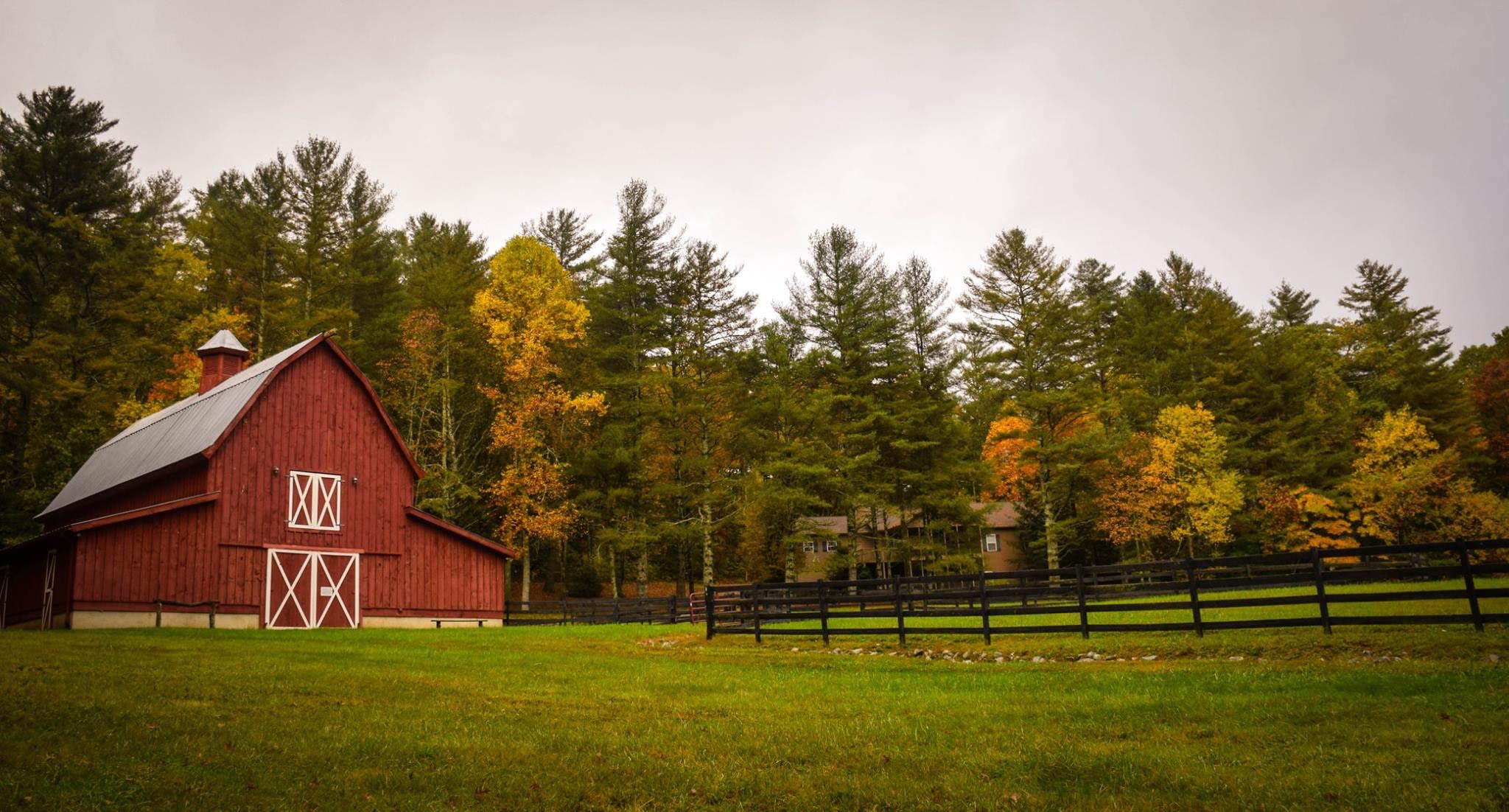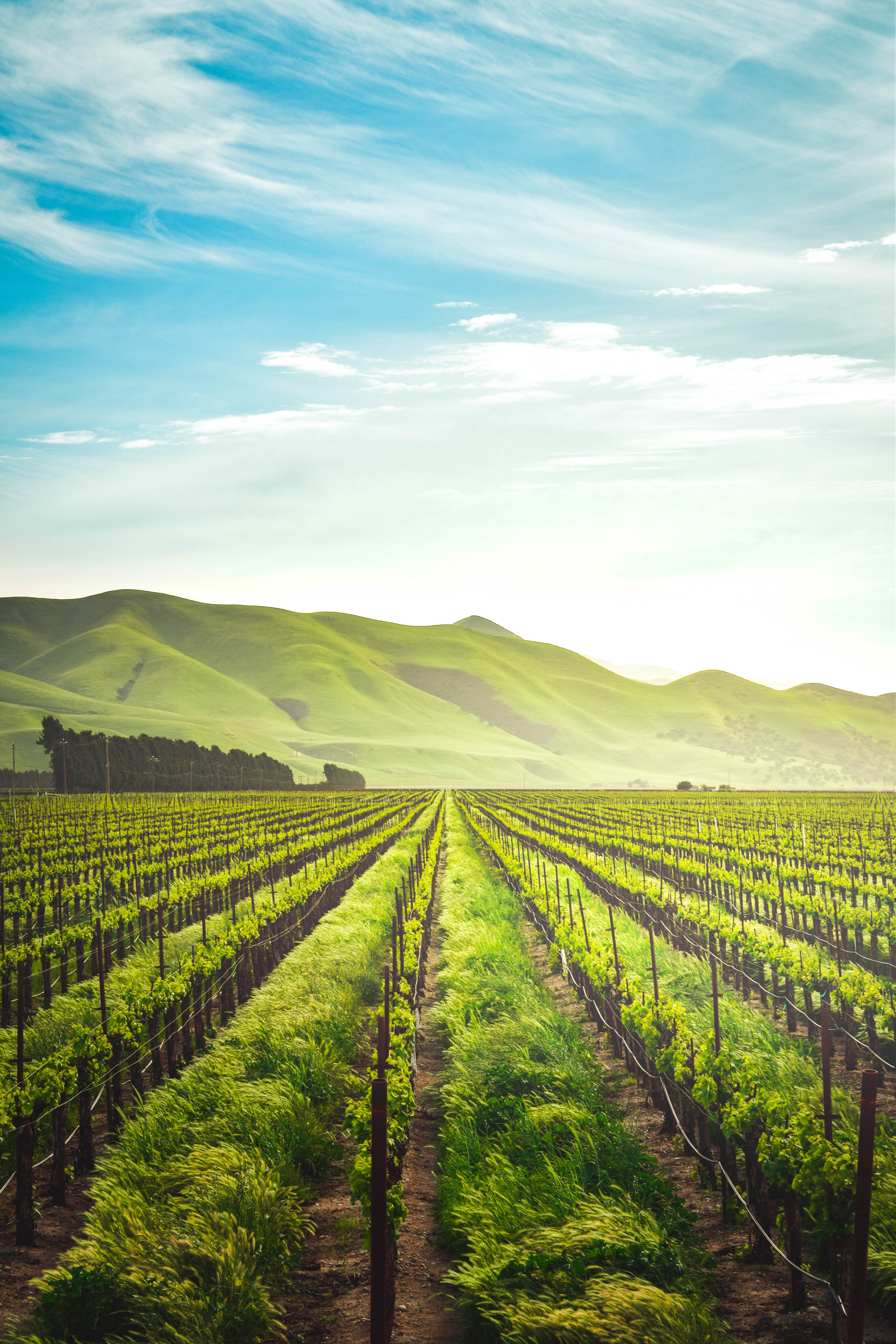From Farm to Table: Malaysia's Growing Focus on Hyperlocal Ingredients

Imagine biting into a dish where every ingredient, whether it’s the fragrant lemongrass, the tender kampung chicken, or the fresh turmeric—was sourced just hours ago from a local farm. This is the essence of Malaysia’s farm-to-table movement, where chefs, farmers, and food lovers come together to celebrate fresh, sustainable, and hyperlocal ingredients.
Why Hyperlocal Ingredients Matter
When you choose farm-to-table dining, you’re not just enjoying fresher flavors, you’re also making a statement. By sourcing ingredients from nearby farms and suppliers, restaurants support local farmers, reduce their carbon footprint, and ensure that what lands on your plate is as fresh as possible.
In Malaysia, this movement is gaining momentum. With fertile lands, tropical climates, and a deep appreciation for natural ingredients, the country is primed to lead the way in sustainable dining. More restaurants are embracing local produce, seafood, and even indigenous herbs and spices that have been used in traditional cooking for generations.
Top Farm-to-Table Restaurants in Malaysia
If you’re ready to taste the difference, check out some of Malaysia’s leading farm-to-table restaurants:
- Dewakan – This Michelin-starred restaurant is a pioneer in Malaysia’s farm-to-table movement, focusing on indigenous ingredients sourced from local farmers and foraged from the wild. Expect dishes infused with unique flavors from buah keluak, ulam raja, and wild ferns.
- A Little Farm on the Hill – A working organic farm and restaurant, this hidden gem serves up seasonal dishes using ingredients harvested straight from their garden.
- Eko-Deli By Kommune – Penang’s Eko-Deli by Kommune is praised for its eco-friendly dining initiatives. They promote sustainability by choosing seasonal ingredients to lessen environmental impact and support local farmers. Eko-Deli promotes social and environmental responsibility through waste reduction, efficient energy usage, and community engagement.
- Roost, KL – Roost is located in a friendly neighborhood restaurant in Bangsar that takes pride in providing high-quality, sustainably sourced meals with a Nordic influence. Furthermore, Roost adjusts to the season to ensure that only the best and freshest ingredients are used instead of hazardous chemicals to grow out-of-season plants.
The Role of Farmers and Chefs in the Movement
Malaysia’s farm-to-table success wouldn’t be possible without the dedication of both farmers and chefs. Small-scale farmers are using sustainable and organic farming techniques to grow better, pesticide-free produce. Meanwhile, chefs are redefining what Malaysian cuisine looks like by experimenting with local ingredients and reviving forgotten flavors.
With a rise in urban farming initiatives, rooftop gardens, and organic markets, the farm-to-table approach is not just limited to high-end restaurants. More home cooks, small eateries, and even street food vendors are embracing locally grown produce to create healthier, fresher meals.
How You Can Be Part of This Movement
If you’ve ever dreamed of working with the finest local ingredients or creating dishes that tell the story of Malaysia’s rich agricultural landscape, Reliance College can help you turn that passion into a career.
At Reliance College, the Diploma in Culinary Arts is designed to prepare you for a future in the food industry where sustainability and innovation go hand in hand. Unlike conventional culinary programs, this diploma emphasizes:
- Sourcing and Working with Local Ingredients – Learn how to identify and utilize Malaysia’s rich variety of homegrown produce, seafood, and herbs.
- Sustainable Kitchen Practices – Discover how to minimize waste, maximize flavors, and support ethical food sourcing.
- Creative Menu Development – Gain the skills to design farm-to-table-inspired menus that highlight Malaysia’s diverse culinary heritage.
- Hands-on Training with Industry Experts – Train with experienced chefs who are actively involved in the farm-to-table movement, giving you a real-world perspective on this growing trend.
Whether you see yourself as a chef, restaurant owner, food entrepreneur, or sustainability advocate, Reliance College’s approach to culinary education ensures that you graduate with the skills and knowledge to make an impact in Malaysia’s evolving food scene.
The Future of Farm-to-Table Dining in Malaysia
As consumers become more conscious of where their food comes from, the farm-to-table movement will continue to thrive. With its rich biodiversity and commitment to local agriculture, Malaysia is set to be a leader in this space.
The next time you sit down for a meal, ask yourself: Where did this food come from? By supporting restaurants that embrace local sourcing or even growing your own herbs and vegetables at home, you’re contributing to a more sustainable and delicious future.
If you’re ready to be part of the movement, start your journey with Reliance College today and bring the farm-to-table philosophy to life in your own kitchen.
References
Dewakan Restaurant at Skyviews, Naza Tower, Platinum Park – DEWAKAN
Diploma in Culinary Arts (Course Modules) - Reliance College – reliance.edu.my
https://risemalaysia.com.my/farm-to-table-sustainable-restaurants-malaysia/



